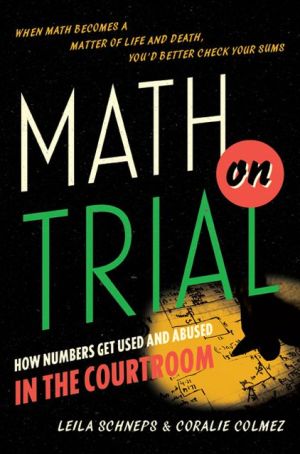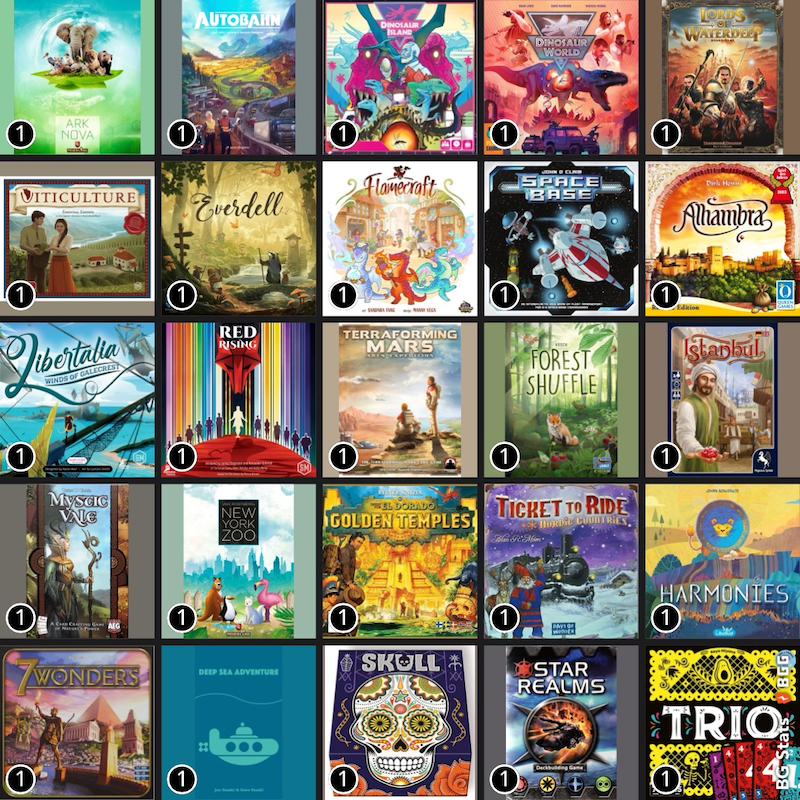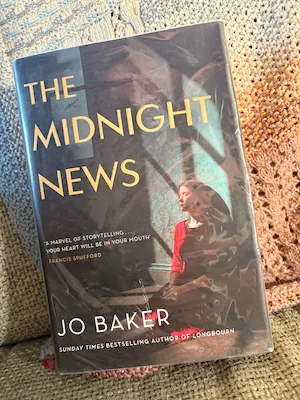Math on Trial: How Numbers Get Used and Abused in the Courtroom
by Leila Schneps
Thursday, May 16, 2013

As a mathematician I really enjoyed reading most of this book. I’m someone who jumps up and down and gets annoyed when I notice statistics being misused in the news and especially in legally binding situations: typically when something like “1 in x million” is used to mean “so unlikely that it couldn’t happen” which it certainly doesn’t mean[*]. I’m not a statistician though and I’m sure plenty of number-misuse gets past me too, and I was pleased to read this and add a few more tools to my news-busting mathematical arsenal.
The format of the book is to point out a mathematical error and then go into the detail of a legal case that rested on that mathematical error. My only complaint is that some of the legal case details went on a bit and went far beyond what was needed to see the maths problem. That possibly makes it a better book for a general readership though - it’s not constant bashing you over the head with maths - but basically I thought some of it was better written than other bits; the opening chapters better polished than later ones. It was nice to see cases from all over the world included and for the most part you didn’t need to have any prior knowledge of the cases to follow the book although some of them are pretty well known.
It has been proposed in the past that probabilistic evidence should not be admissible in court, basically most people (lawyers, judges, juries) don’t understand it and it is easily twisted to give a damning result by someone who does (or thinks they do) understand it. Even as a mathematician who thinks we all ought to be more numerate I can see that there is sense in that argument. In the age of DNA profiling though we are only going to see more number based evidence turning up in courtrooms. I’m sure the authors will have no trouble in finding material for a follow up book!
[*] I’m pleased to see the authors used my standard comeback to explain this fallacy: With a “1 in 14 million chance” of winning the lottery we would all be hugely surprised if we ourselves won the lottery, but it doesn’t surprise us at all that someone wins it almost every week.









